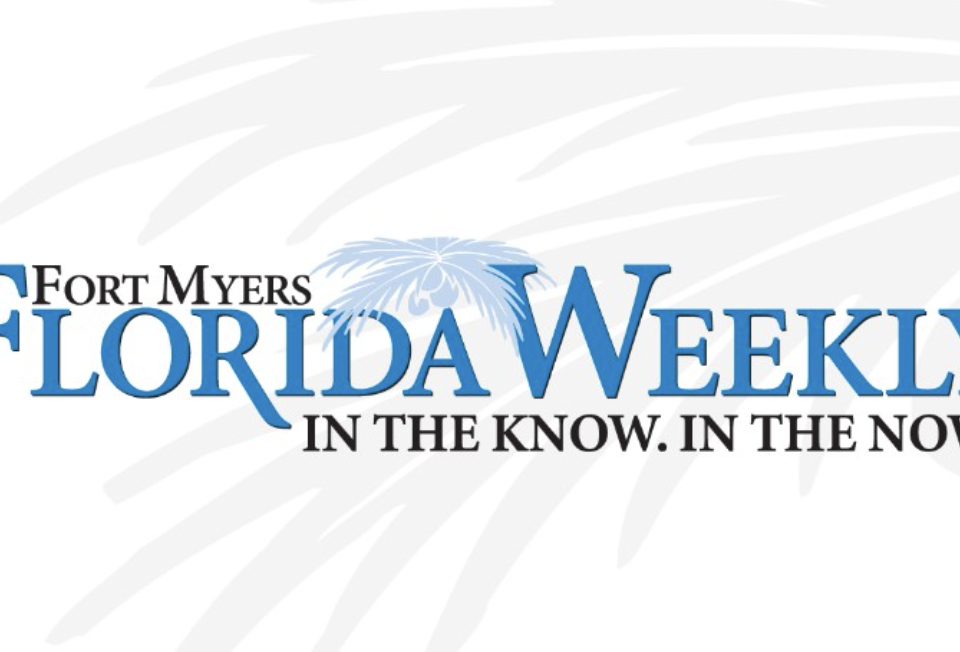Moody, Nuñez lead anti-human trafficking efforts

New Housing Initiative Helping Victims of Human Trafficking
April 26, 2022
Lieutenant Governor Jeanette Nuñez and Community Partners Host Roundtable to Highlight Human Trafficking Prevention Efforts in Central Florida
May 5, 2022(The Center Square) – Florida Attorney General Ashley Moody and Lt. Gov. Jeanette Nuñez are leading national and state efforts to combat human trafficking and provide assistance to survivors.
Moody was just named co-chair of the National Association of Attorneys General Human Trafficking Committee along with Mississippi Attorney General Lynn Fitch.
The more than $150 billion global business of human trafficking is a felony that involves exploiting a person for labor, services or commercial sex.
The NAAG committee helps facilitate collaboration among attorneys general on anti-human trafficking policies nationwide, including facilitating efforts related to education, investigation, outreach, prevention, prosecution and victim services protection.
After being named co-chair, Moody said, “Ending human trafficking in Florida is one of my top priorities, but we can’t achieve this lofty goal by working within our state borders alone.” Committee members, she said, “will work in unison – to share ideas and strategies for combating human trafficking and saving lives.”
Moody also has been leading several efforts in Florida. She chairs the Statewide Council on Human Trafficking, which includes representatives from law enforcement, prosecutors, legislators and experts in the health, education and social services fields.
The Florida Legislature “finds that human trafficking is a form of modern-day slavery,” according to state statute. “Victims of human trafficking are young children, teenagers, and adults” who are “subjected to force, fraud, or coercion for the purpose of sexual exploitation or forced labor.”
Florida ranks third behind California and Texas for having the most reports of human trafficking made to the National Human Trafficking hotline. In 2020, the hotline received 738 cases reported in Florida and 2,539 contacts made from the state.
Nuñez, who’s a member of Florida’s Statewide Council on Human Trafficking, held a recent roundtable in Lakeland with state and county representatives and community leaders to highlight anti-human trafficking efforts.
“Governor [Ron] DeSantis and I understand and recognize the threat that human trafficking poses to every neighborhood and every community within our state,” Nuñez said. “We must all take an active role to support survivors, hold these criminal traffickers accountable, and work in partnership to eradicate this heinous crime from our communities.”
Lakeland Mayor Bill Mutz, who describes Lakeland as “a Human Trafficking-Free Zone,” said at the roundtable, “It takes an entire community working in partnership to defeat human trafficking. Lakeland has united to ensure these criminals know that it will not be tolerated here, and help is available for our survivors.”
“The painful truth is human trafficking is happening in nearly every community in Florida and around the country,” Dr. Jerry Haag, president and CEO of One More Child, said. But state and county agencies, law enforcement and health care professionals, business owners, and church leaders are working together to increase awareness and provide support to vulnerable children, he said.
The state Department of Children and Family Services is expanding its prevention efforts and services to help survivors; and Central Florida Behavioral Health Network providers are working to ensure survivors receive services, agency heads said at the roundtable.
In fiscal year 2020-2021, DCF reported receiving 2,289 allegations of human trafficking statewide, with nearly a quarter of the calls coming from Central Florida. The majority, 92.97%, related to commercial sex exploitation of children; 6.82% related to labor trafficking.
Nuñez is also warning parents to remain vigilant about their children’s internet usage. Predators are attempting to contact minors using cell phones, apps, social media, and video gaming systems. Once they create a relationship, they can lure them into dangerous situations, she said.
Traffickers recognize and take advantage of people they think are vulnerable. Vulnerabilities include having unstable living situations, having experienced violence like sexual abuse or domestic violence, having run away from home or being in the juvenile justice or child welfare system, or being addicted to drugs or alcohol, among other factors.
In January, Moody launched the 100 Percent Club, which recognizes businesses and organizations that train employees on how to identify and report suspected human trafficking in Florida.
The Florida Department of Highway Safety and Motor Vehicles is also training truck drivers to spot and report human trafficking through its Highway Heroes campaign. Since it launched in October 2020, more than 4,600 commercial truck drivers have received anti-human trafficking training. They are equipped to keep an eye on Florida’s 12,000 miles of highways and report suspicious activity to law enforcement.
Last year, the University of South Florida- St. Petersburg launched an initiative to conduct human trafficking research in the state.
Moody’s office also launched YouCanStopHT.com to help educate Floridians on how to identify and report human trafficking.
She also launched a Human Trafficking Summit in October 2021; in the last two years, more than 11,000 people have participated in it from over 40 states.
The next summit is Oct. 4; registration opens June 1.
Those who suspect human trafficking are encouraged to contact the National Human Trafficking Hotline online or call 1-888-373-7888. Those who suspect a child victim are encouraged to contact the Florida Abuse Hotline online or call 1-800-96-ABUSE.
THE CENTER SQUARE



